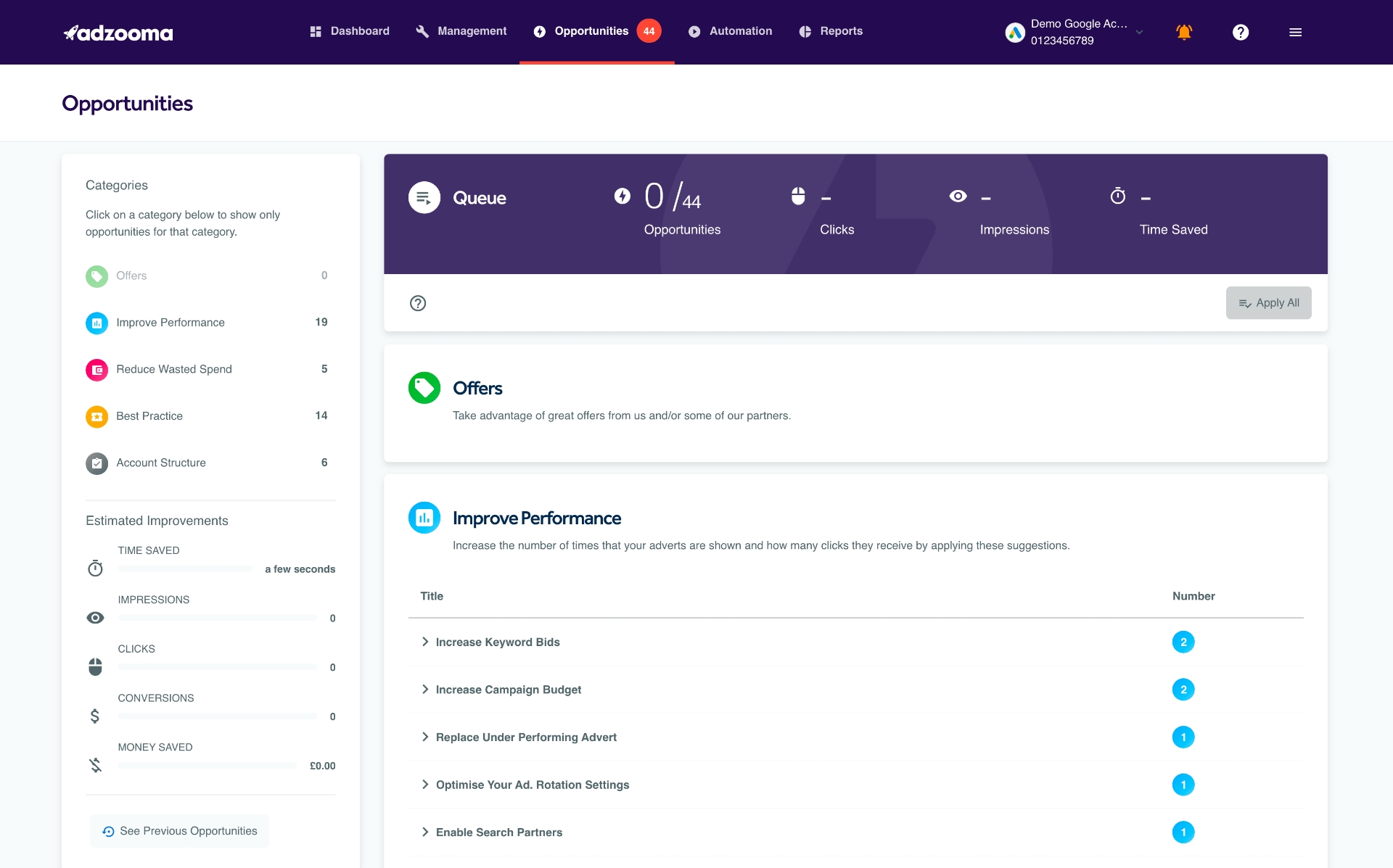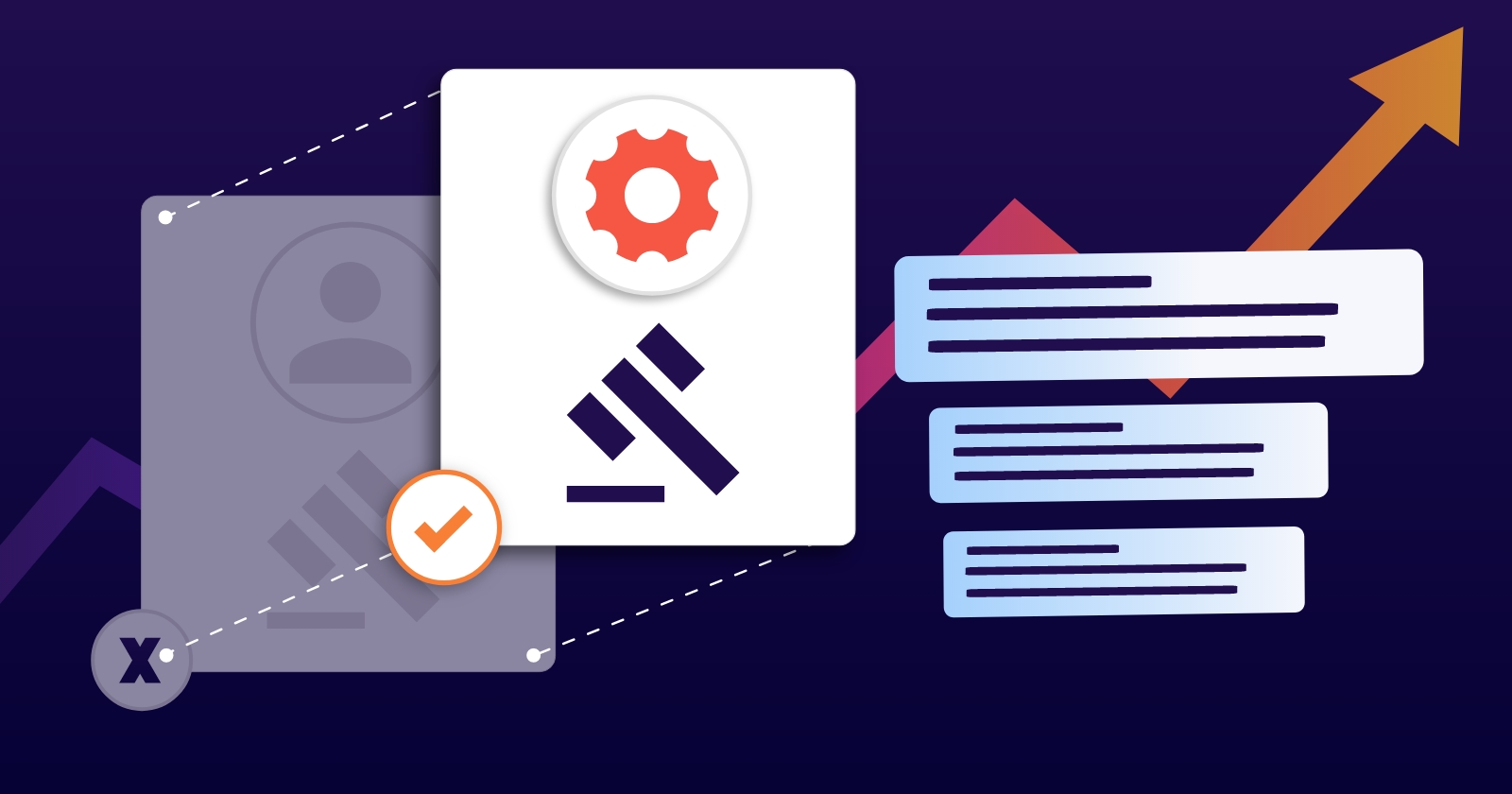This post was sponsored by Adzooma. The opinions expressed in this article are the sponsor’s own.
Managing successful paid media campaigns requires a synergy between your brand’s needs and the given ad platform’s rules of engagement.
For a long time, the rules of engagement remained unchanged.
However, within the past few years, some of the most obvious PPC strategies have become obsolete.
Additionally, new hurdles, such as campaign-delaying automatic disapprovals, have presented themselves.
These changes have created new challenges for old, previously-reliable techniques.
It’s important to understand which rules have changed and which ones continue to influence the success – or failure – of a campaign.
These are three PPC strategies that don’t work anymore:
- Bidding on every keyword on each match type.
- Manual bidding on large spending accounts.
- Remarketing based on website visitors alone.
Let’s break down why these strategies are no longer sustainable, and discover how you can adapt your approach for better profit and increased success.
Don’t: Bid On All Keyword Variations. Do: Bid On Keyword Champions.
In the old days (back when AdWords and Bing Ads were a thing), advertisers needed to bid on all variations of keywords.
If you wanted to gain leads for a dog training client, you’d need to bid on individual keyword variants such as:
- “dog trainer”
- “dog training”
- “train my dog”
- “trainer for my dog”
- And many more.
In addition to these individual keyword bids, advertisers would also need to leverage multiple match-types in order to impact how closely or loosely the query could match the keyword syntax.
In 2016 and 2017, close variants began to take hold; the need to bid on every single variant became obsolete. Account structures that thrived on thousands of keywords began to see budget allocation and performance issues.
Campaigns and ad groups that previously focused on match-types, instead of strategic objectives, lost their efficiency. These old practices no longer provided the same ROI.
How To Bid On Keyword Champions
Instead of clinging to old practices, successful advertisers shift to keyword champions (one variant of the keyword concept used to catch all) to represent all the variants they are looking to capture.
Keyword champions work because they:
- Can save you money. Opting for a cheaper variant will occasionally grant you access to the more expensive one, so you’re not always committing to paying a premium.
- Remove time-wasting steps that don’t provide value. Negative keywords don’t have close variants, so it is not profitable nor practical to perfectly protect each keyword.
- Ensure that a higher ratio of ads leads to conversions. They allow the budget to be focused on the strategic objective of the campaign, as opposed to supporting lots of keywords that might not deliver.
To bid on keyword champions:
- Limit your ad groups to no more than two to three keyword concepts on exact match.
- Have at least one ad group with a single long-tail broad match keyword in order to ramp up the campaign and capture ideas you may not have thought to target.
- Convert exact match keywords to negatives in the broad match ad group.
Using the original example, we would bid on:
- Exact match (to capture all of the original variants): “dog training” / “dog trainer”
- Broad match keyword: “pricing for dog trainer near me”
- Exact match queries that yield high value in a statistically significant way
By following this strategy, you’ll free yourself from keyword bloat and ensure your campaigns are able to deliver desired outcomes while complying with the current rules of engagement in ad algorithms.
Don’t: Leverage Inefficient Manual Bidding. Do: Leverage Automated Bidding.
One of the hardest things to do as a marketer is let go of control. We’re hard-wired to want to know every detail of where our budget goes and how it’s applied.
This clear line-of-sight is likely why so many marketers clung to manual bidding for so long (to the detriment of their campaigns).
In the old days, manual bidding objectively performed better because advertisers could use their business acumen to set reasonable bids and not be dependent on restrictions, such as conversion rate requirements.
At that time, Smart Bidding, a type of automated bid, required anywhere from 50-100 conversions within a 30-day period to run meaningfully. This is no longer the case.
Today, these minimums have dramatically decreased or gone away completely. The biggest barrier to leveraging automated Smart Bidding has been cleared, making it one of the more profitable bidding techniques.
Additionally, micro-managing bids across an account of more than one to two campaigns takes too much time to be profitable.
How To Leverage Automated Bidding To Increase Profits
To see a maximum return on your PPC campaigns:
- Build automated bidding into your strategy. Automated bidding utilizes over 60 signals to manage bids; these aren’t available or accessible to manual advertisers.
- Implement scripts and rules. These can be a powerful way to maintain some level of control, while still leveraging automation.
- Utilize time-saving workflow tools that keep you involved in the process. Adzooma Opportunities and Automations allow accounts of all sizes to efficiently manage bidding and other account maintenance without fully handing control over.
If you are ready to take the plunge on automation, consider leveraging Max Conversions with a CPA goal, or Target Impression Share with a bid cap to teach yourself/your team which auction prices are reasonable.
 Source: Adzooma
Source: AdzoomaDon’t: Engage Nagging Remarketing. Do: Engage In Consensual Conversations.
One of the oldest tricks in the digital marketing book is to follow up on someone visiting your site who didn’t make a purchase.
Remarketing traditionally targeted all non-converters who engaged with your site.
These visitors would receive dynamic ads (showing the product based on a shopping feed) or display and search ads that appeared to follow them around the web.
Privacy-first web has grown in prominence, as has the importance of building first-party data.
Getting the user to your page isn’t enough – there has to be enough there to justify giving you their information.
How To Engage In Consensual Conversations
Connecting with users that have engaged with you in a purposeful, mutual way has a higher chance of leading to conversions.
In order to increase your PPC campaign conversions:
- Capture first-party data. Try building an email capture experience into your landing pages. Email addresses and other first-party data, which is given to you directly, has a higher chance of converting.
- Build audiences from your curated first-party data. These tend to perform better than just website visitors. This makes sense, as the customer has opted into engaging with you, as opposed to accidentally putting themselves on your list.
Takeaways
Using old strategies just because they’re comfortable will end up hurting your campaigns and brand in the long run.
Be sure to automate as much as possible so you can save your strategic energy for tasks that require more attention. Tools like Adzooma can help make that easier.
While nothing is ever fully future-proofed, building processes that leave you owning your data and being empathetic to your customers will set you up for long-term success.
Image Credits
Featured Image: Image by Adzooma. Used with permission.
